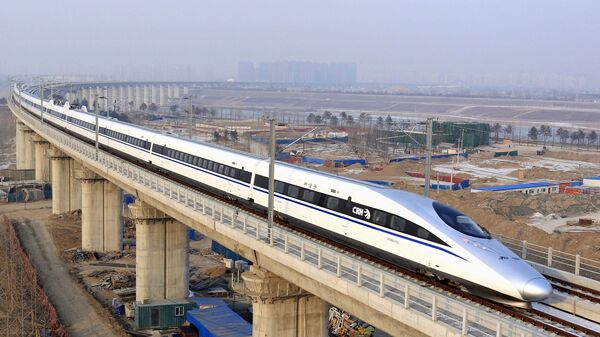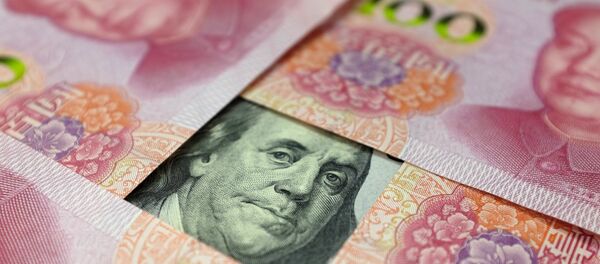The interview came a few days after the private US company XpressWest and the consortium China Railway International annulled a deal to jointly build a high-speed rail line from Los Angeles to Las Vegas.
XpressWest said that the decision to end the 7-billion-dollar project stemmed from problems with "timely performance" and challenges that China Railway International faced "obtaining the required authority to proceed with required development activities."
XpressWest also indicated that its "biggest challenge" was a de facto federal government requirement that high-speed trains must be manufactured in the United States to secure regulatory approvals.
At the same time, the company recognized that "as everyone knows, there are no high-speed trains manufactured in the United States."
All these explanations hold no water and are nothing but an an artificial barrier to scuttle the implementation of the project, according to Tratas.
He said that "in this case, the US is concerned over its dependence on China" and that "Washington fears that if China enters the railway car market, it will get an instrument to exert pressure on the US during the so-called trade wars."
"Despite the fact that China and the United States remains major economic partners, the "trade wars" between them have been in place in the past 15 years. In the latest project, I think that the differences are related to Washington's reluctance to let the Chinese enter the strategically important market," Tratas said.
Separately, financial differences between China and Thailand indefinitely postponed the construction of a railway line linking Bangkok to the Gulf of Siam.
Also currently suspended is the project to build Indonesia's first 150-kilometer Jakarta – Bandung high-speed railway. The contract was due to be implemented by China Railway International Co, a subsidiary of China Railway Corp.




